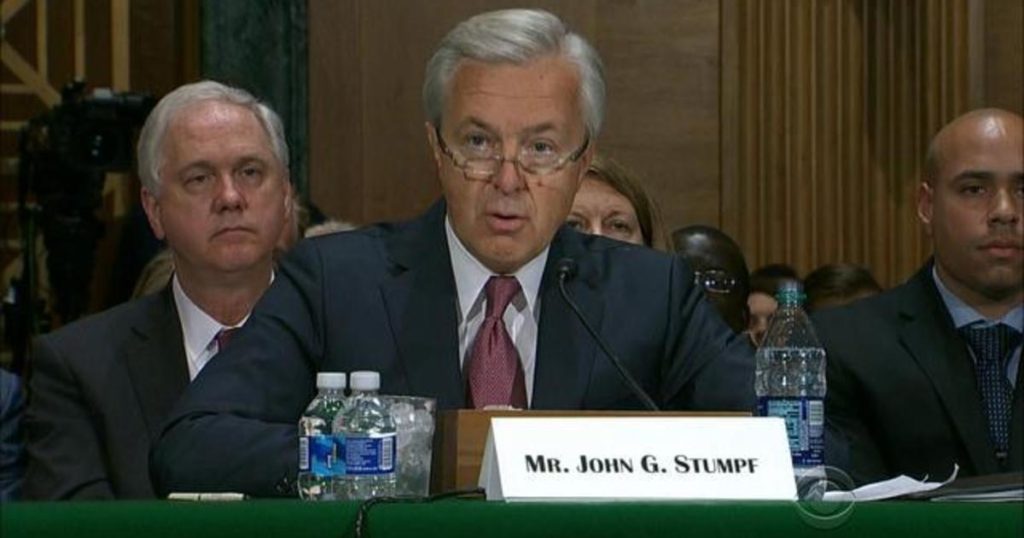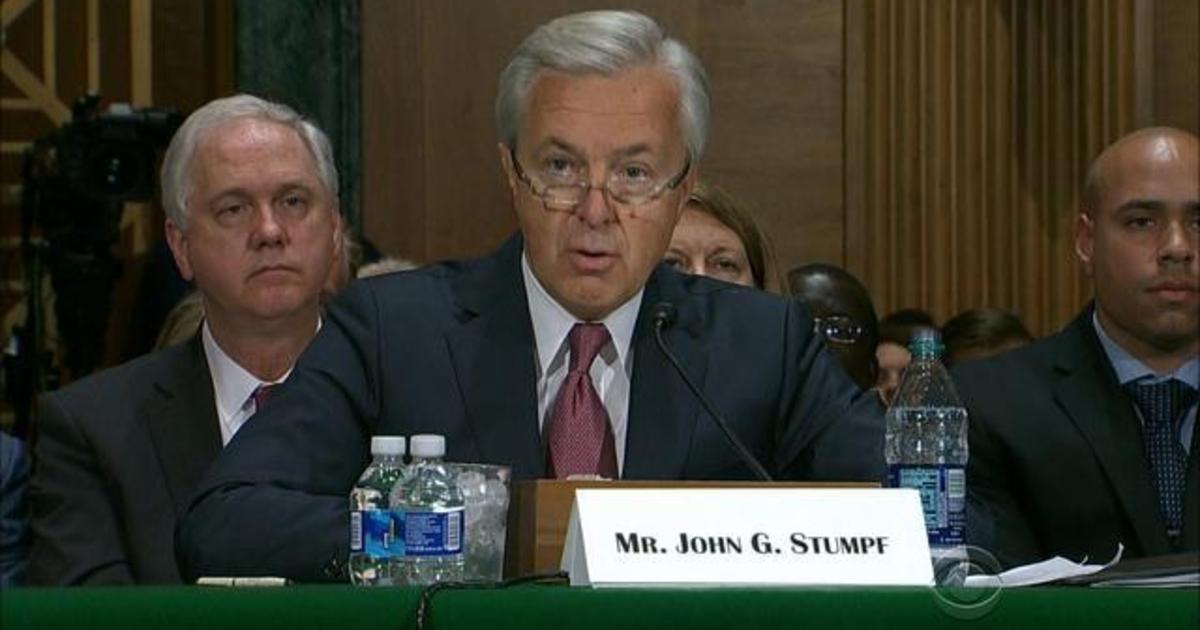“[The] wheels of justice grind slow but grind fine.” — Sun Tzu

The board of directors of banking giant Wells Fargo announced “…that it would claw back an additional $75 million in compensation from the two executives on whom it pinned most of the blame for the company’s scandal over fraudulent accounts: the bank’s former chief executive, John G. Stumpf, and its former head of community banking, Carrie L. Tolstedt,” The New York Times reported (Apr. 10).
“Wells Fargo’s board said in a report issued on Monday,” The Times writes, “that Mr. Stumpf had turned a blind eye to the fraudulent accounts being created under his nose and that Ms. Tolstedt, who ran the branch system, had focused obsessively on sales targets and withheld information from her boss and the board.”
While the clawbacks – the forced return of cash and/or stock – is reported to be the largest in history, you might be interested to learn that the action is not rare or unusual.
According to a report in TIME magazine (Apr. 12), “Tyco sought to recover more than half a billion dollars [$505.8 million] in compensation and benefits from former CEO Dennis Kozlowski, and the parties settled for an undisclosed amount days before a trial in 2012. Kozlowski was jailed on charges including fraud in 2005.
“UnitedHealth Group’s former CEO William McGuire forfeited over $400 million in stock options to the SEC and his company to settle an investigation into options practices in 2007. (Total after repricing and penalties: $600 million.)
“Kobi Alexander, former CEO of tech firm Comverse, agreed to settle suits [$54 million] with the SEC and the U.S. Attorney General’s office in 2010 after investigations into stock-option backdating.
“The J.P. Morgan board cut CEO Jamie Dimon’s 2012 pay in half [$11.5 million], after the $6.2 billion London Whale loss.”
Along with their announcement, the Wells Fargo board released an independent report on the fraudulent sales practices and the consequences of those involved.
“The Board has taken numerous actions and supported management steps to address these issues. Wells Fargo has replaced and reorganized the leadership of the Community Bank. It has also eliminated sales goals and reformed incentive compensation. Centralization of control functions is being accelerated. The Board has separated the role of the Chairman and the CEO, strengthened the charters of Board Committees and established regular reporting to the Board by the new Office of Ethics, Oversight and Integrity. As a result of the investigation, the Board has terminated for cause five senior executives of the Community Bank and has imposed forfeitures, clawbacks and compensation adjustments on senior leaders totaling more than $180 million.”
Ethics, oversight and integrity should be standard operating practice at any institution whose work affects the trust and confidence of the public.
All New “Ethical Hero.”
Comments










